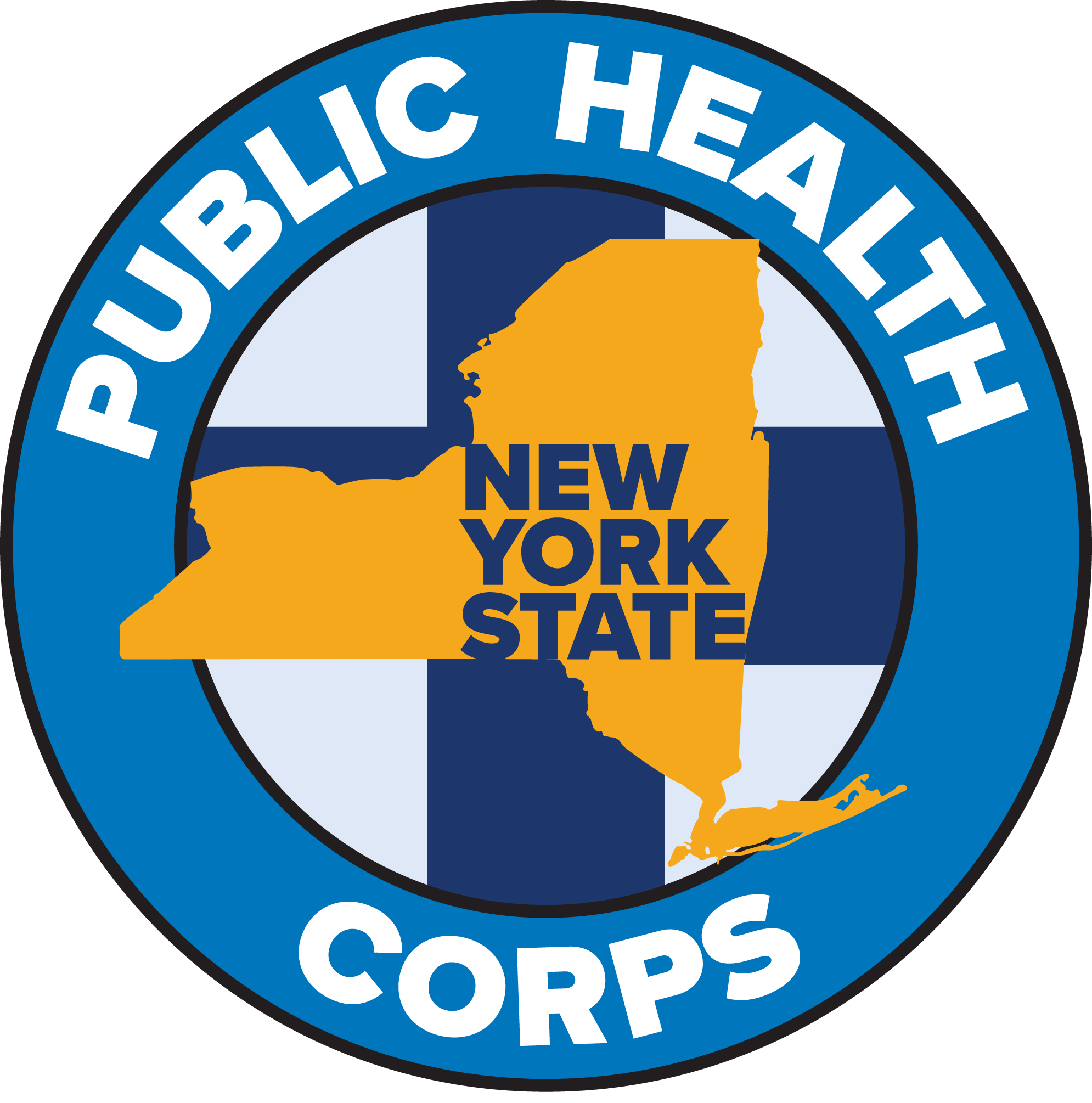
Overview
The public health workforce has faced extreme challenges in recent years. The associated stress and trauma have contributed to a wide range of poor outcomes, from decreased engagement and turnover to poor mental and physical health (all of which jeopardize public health agencies’ ability to serve their community). As organizations look to recover and support the healing and wellbeing of the public health workforce, prioritizing a supportive response to this widespread trauma can be critical in bringing about systems-level change.
Target Audience
The public health and health care workforce
Speakers:
Omar Khalid
Director, Workforce Development
Association of State and Territorial Health Officials (ASTHO)
Adaora Otiji, Ed.D., CPTD, ADC
Chief Learning Officer, Office of the Director
District of Columbia Department of Health
Learning Outcome & Objectives:
As a result of participation in this activity, the learner will have increased and enhanced their knowledge and competence on the fundamentals of a trauma-responsive leadership framework to help improve psychological safety and organizational culture in public health agencies.
By the end of the activity, learners will be able to:
- Define Trauma and Trauma Responsive Leadership
- Explain the importance of trauma responsive programming supporting the healing and well-being of the public health workforce for bringing about systems-level change
- Summarize examples of best practices of trauma-responsive leadership in public health
